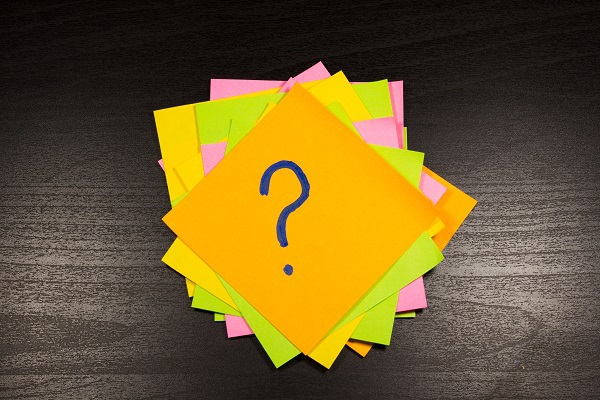Every criminal case starts with an arrest. But, what happens next? Many people aren’t familiar with the different steps in the criminal justice process, so they don’t know what to expect after being arrested. One important step of the process is known as the preliminary hearing, which occurs after a defendant has entered a plea of not guilty.
Your criminal defense attorney may refer to a preliminary hearing as the “trial before the trial.” This is because the judge will use this hearing to determine if there is enough evidence against the defendant to move forward with the trial. It’s important to note that the judge is not reviewing the evidence to determine if the defendant is guilty or innocent. He is simply responsible for reviewing the amount and nature of evidence to see if the state has enough evidence to convince a jury of the defendant’s guilt.
Who is Eligible For a Preliminary Hearing?
Some defendants may never have a preliminary hearing. Why? First of all, these hearings can only be requested when the defendant has been charged with a felony. All defendants who have been charged with class 1, 2, or 3 felonies can request a preliminary hearing. Some defendants who have been charged with class 4, 5, or 6 felonies may also qualify. Defendants who have been charged with a misdemeanor do not have the right to request a preliminary hearing.
Defendants who have entered a guilty plea will also not be granted a preliminary hearing. Since this hearing is used to determine if a trial is appropriate, there’s no need to schedule one for a defendant who has already admitted guilt.
What Happens During A Preliminary Hearing?
A preliminary hearing is very similar to a trial. Both sides will get to present their arguments to the judge instead of a jury. Both the prosecution and defense are also allowed to call witnesses or present physical evidence to prove their case. The defense’s goal is to convince the judge that the prosecution’s case is too weak to prove the defendant’s guilt beyond a reasonable doubt. If the judge agrees with the defense, the case will be dismissed. But, if he sides with the prosecution, a trial will be scheduled.
If you have been charged with a crime, it’s in your best interests to seek legal representation from the criminal defense attorneys at Reisch Law Firm as soon as possible. Let our attorneys protect your rights and fight for your freedom through every step of the criminal justice process. Schedule a free consultation today by calling 303-291-0555 or filling out this online form.


